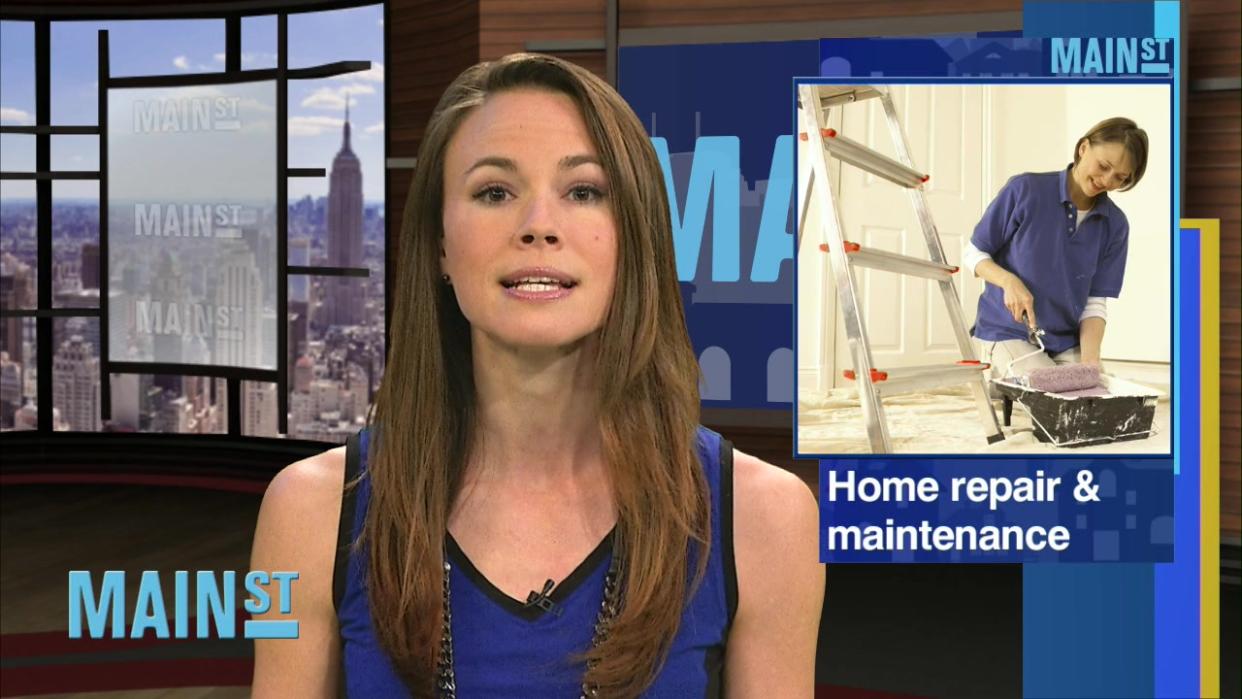Buying a home will cost more than you think: what will catch you out?

Most people who buy a house spend more than they expect, and one in five end up having to borrow more money on top of their mortgage to cover the costs. It's not the house price that leads them astray - it's the unexpected extras that overwhelm their budgets. A new study has revealed that more than two thirds of buyers blow their budget by more than £100 - and one in ten go at least £500 over budget.
Common costs
The research, by London removal firm Kiwi Movers, found a range of different costs caught buyers out. The most common one was bank charges, which caught 70% of buyers by surprise. Moving large sums of money between accounts using CHAPS comes with a cost - which most people don't factor in.
Other costs are easy to overlook - such as indemnity insurance (forgotten by 51% of people), the Land Registry fee (missed by 38% of people) and the cost of boxes and packing materials for the move (forgotten by 22%).
However, there were also a number of expenses that it's hard to imagine overlooking - including the fact that one in five people said they'd forgotten about the cost of new furniture they needed for their new home. Even stranger - some 6% of people said they didn't budget for Stamp Duty.
As a result, almost a fifth of those who went over budget had to borrow money to pay these extra costs. Most commonly they got the extra cash from a credit card, overdraft, a loan or from friends or family. A third of them had to borrow more than £300, while just under a tenth had to borrow more than £500. Given that this is on top of their mortgage - it is likely to cause headaches when it comes to covering interest and repayments in the first few months of living in the property.
Getting worse
The situation is likely to get even worse after the summer, as the banking system for payments is changing. Properties are usually bought using the Clearing House Automated payment System (or CHAPS). Under the current rules, banks have to move the money out of your account by 3pm, which allows the cash to reach the solicitors' account by close of business. In future, banks won't have to move the cash until 4.40pm. This could push back when buyers get their keys, which will have a knock-on effect on removal costs if they are paying by the hour (or for antisocial hours). It could end up costing them £100 more for the move.
Regan McMillan, director of Kiwi Movers, says: "Customers can't get the keys to the property until the money transfer is complete, so if there's a delay at the bank end, it has a knock-on effect with removals, storage and deliveries. The one upside of the current system is that we usually know by 4pm whether a transfer will go through on a given day, giving us enough time to get things into storage if necessary. With the time being pushed back, removals firms could be waiting on keys for a further two hours and still to be told they'll need to come back tomorrow. It could get quite chaotic and expensive for a lot of house buyers."
What can you do?
The figures show how important it is to do a budget-planner in order to work out how much every aspect of the move will cost you. There's a really useful guide on the Money Advice Service website, which will take you through all the potential costs.
It's also essential to be clear about each of the figures you plug into the planner - so get a quote from your solicitor - and ask them to include all the cost of searches and fees - including the Land Registry Fees.
You should also get a quote from your removals firm - and check what you will be charged if there's a delay or if your belongings need to go into storage overnight.
The Money Advice Service also has a useful Stamp Duty calculator, to help you factor that in.
Save money
This process won't just clarify your total spend, it should also help you shop around, because when a solicitor or removals firm factors everything into the overall quote, you can compare different companies more easily.
Plus, of course, by knowing all the costs upfront, it will make it less likely that you'll need to borrow more on top of your mortgage, saving you a fortune in interest.
Even then, moving house is hardly going to be cheap or easy, but at least you can console yourself with the fact that it could have been a great deal worse.





